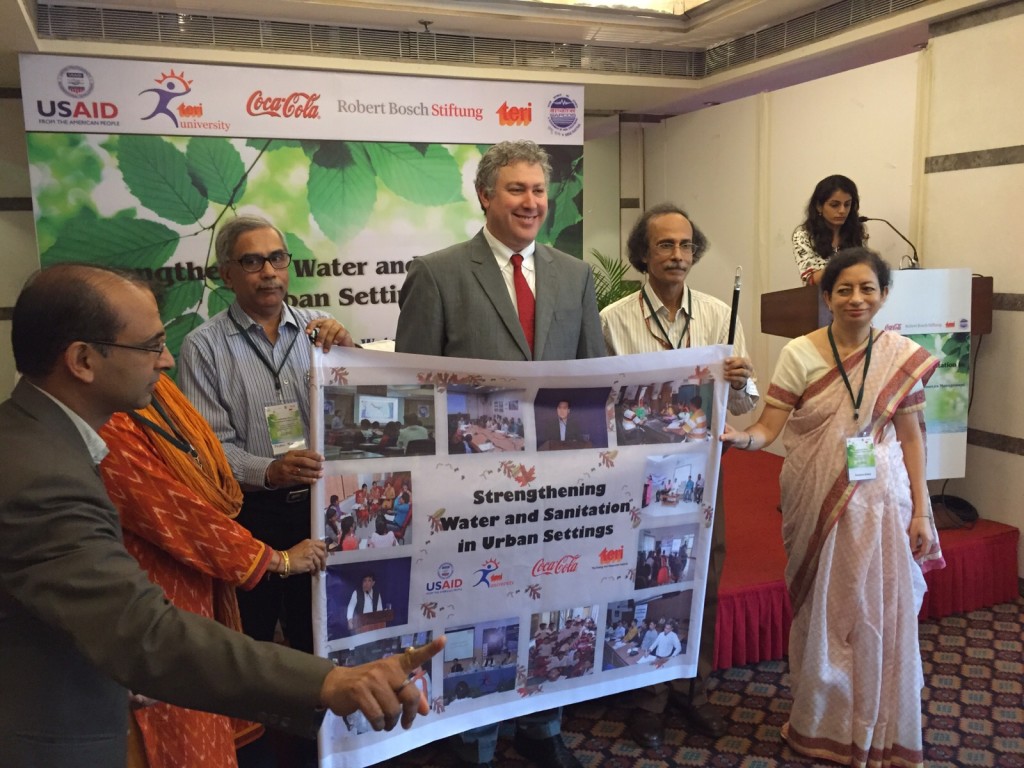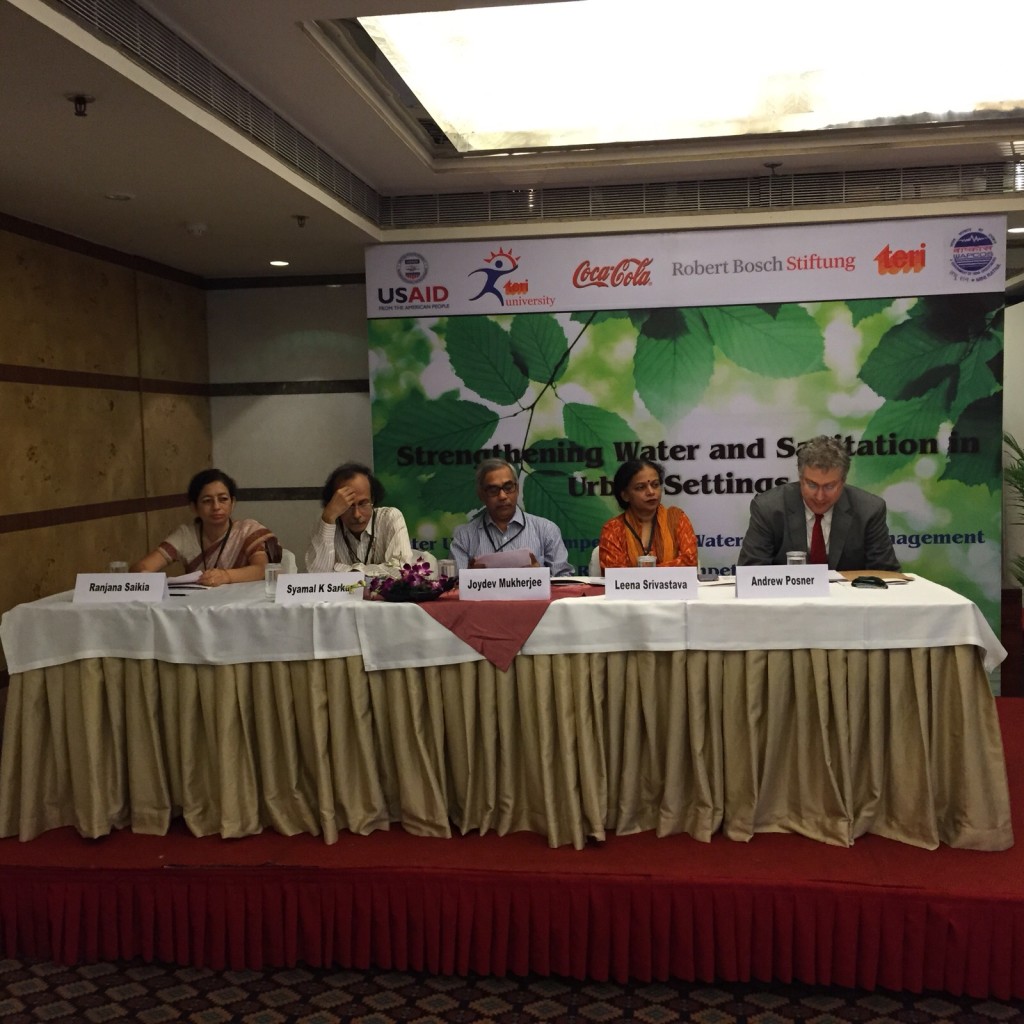Seventy percent of Earth is water. About sixty percent of human body is water. Yet, around 800 million people around the world are without water. And many more in the developing countries do not have access to clean water.
According to World Economic Forum, water problems is the number one risk in terms of stability and peace. With increasing population, the demand for clean water is poised to skyrocket in the coming decades.
To counter these risks, we need to find ways to rejuvenate our water sources and find ways to reuse and recycle water so that we can make clean water available to population across the world.
In India, rapid migration of people to cities is posing immense strain on urban resources. Lack of adequate water supply have increased the cost of procuring water for basic sanitation. This scarcity is driving people to look for alternate water sources that do not measure up to the required potability standards.
Lack of potable water has also put a strain on the government health system, as infected water causes frequent mini epidemics. Globally, more than 2000 people die every day because of water borne diseases and dehydration.
To counter this dire global and local situation, TERI University along with Coca-Cola India and USAID have initiated the WASH program. WASH or Strengthening Water and Sanitation in Urban Settings aims to analyze risks in various urban centers beginning with Kolkota and Chennai.

This Coca-Cola initiative aims to reach more than 2000 students in municipal schools and inform them about importance of sanitation and personal hygiene. The program will overall include nearly 50,000 beneficiaries including low-income families and professionals.
Through this effort, Coca-Cola aims to assist Government of India reach its sanitation target announced under the Swach Bharat campaign.
The initiative will develop and deploy intervention strategies to educate the participants and hope to trigger behavioral changes to reduce the risks associated with improper hygiene and unsanitary living conditions.
To further boost these education and intervention efforts, the initiative has roped in TERI university, which is a reputed non-profit research institute.
This one of a kind initiative will help thousands of lower-income group citizens in India who have to live in unsanitary conditions and often have to defecate in the open. With timely interventions and education, the initiative will not only provide better living conditions, but will also ensure that they live a healthier life.

Toward this goal, Coca-Cola has planned a inter university competition on water resource management that have participants from Lady Shriram, NIT, and Hindu college among others.
![]()